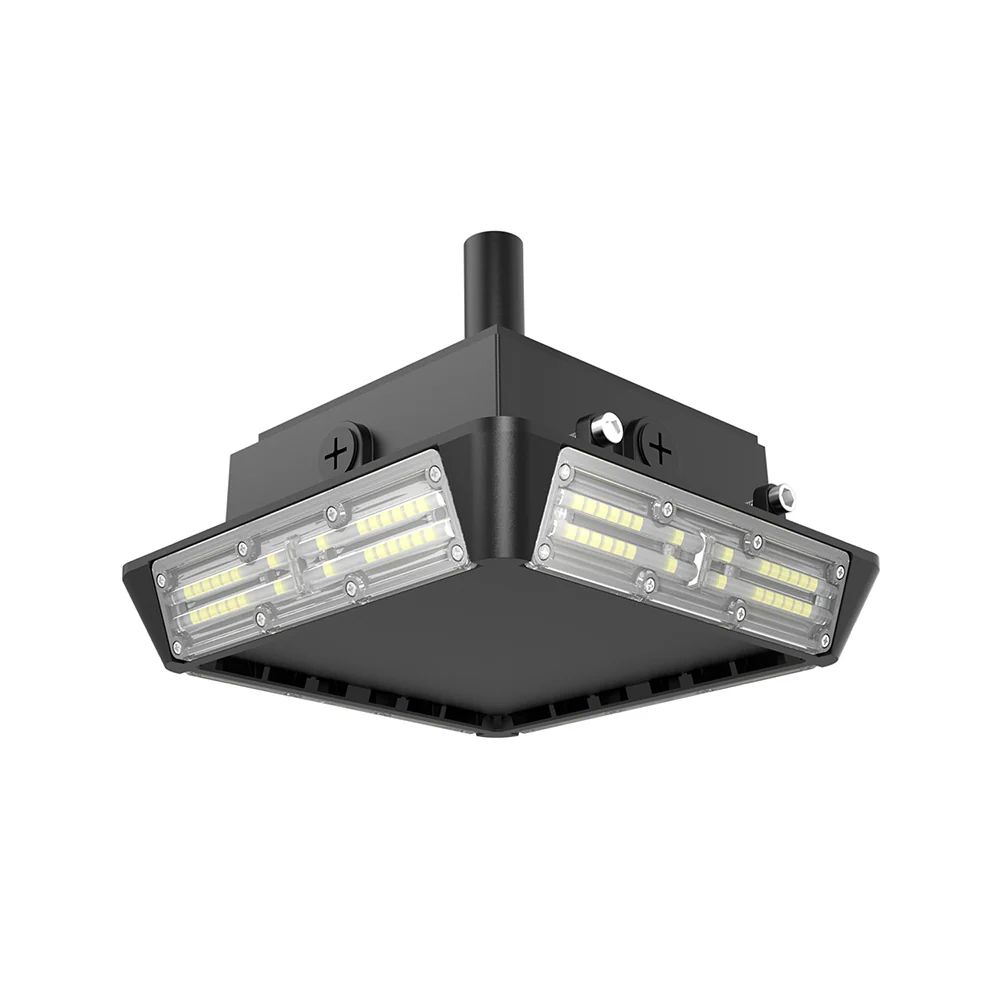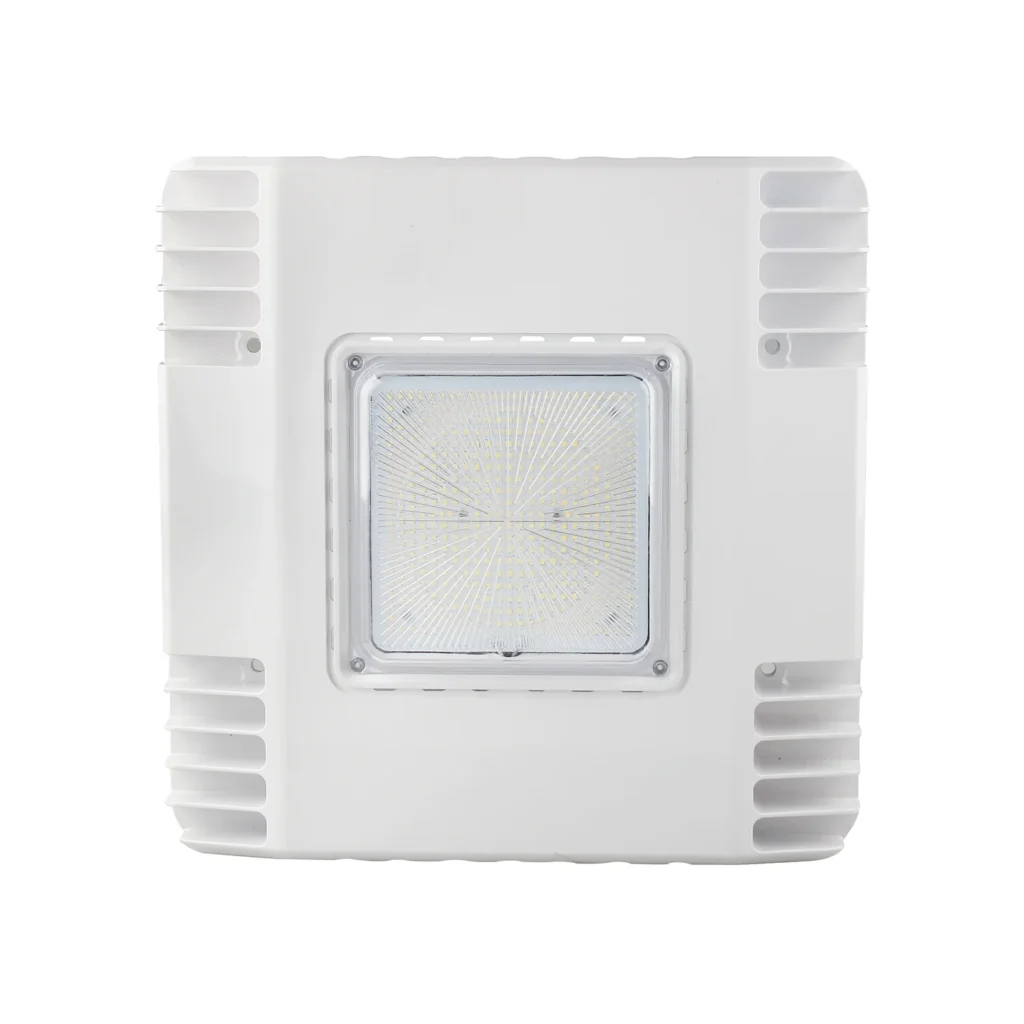For numerous individuals, the enchantment of Fiji’s breathtaking beaches and tropical climate serves as an escape. If you are planning to relocate to this island paradise or are thinking of investing in property, you might wonder whether foreigners are allowed to buy property in Fiji. Yes, foreigners can purchase property, but specific rules and prerequisites must be followed. If you are looking to possess a beachfront villa, a residential home, or even land that is ripe for development, here is a useful guide for you and everything you need to know about property ownership as a foreigner in Fiji.
Foreign Ownership Regulations in Fiji
Foreigners are allowed to buy property in Fiji. However, this comes with a set of restrictions put in place to conserve the country’s land resources. The critical point to note is that as a foreigner, large portions of freehold land, such as land, cannot be owned, but property purchases can be made in accordance with specific rules.
The main legal framework regulating foreign property ownership in Fiji is the Foreign Investment Act. There are rules and restrictions set for non-citizens wishing to buy property in Fiji, and this act defines them.
Categories of Property Foreigners Are Allowed to Purchase in Fiji
There are certain properties foreigners are able to buy, even though they cannot buy unlimited freehold land. These properties are:
- Freehold Land: Possession and transfer of freehold land offer full rights to the owner. Foreigners can purchase freehold land in Fiji for a maximum of 10 acres. They can purchase up to 10 acres of freehold land for residential purposes. If a foreigner needs more than this, they have to get approval from the Foreign Investment Review Board (FIRB).
- Leasehold Land: Among foreign buyers in Fiji, leasehold land is the most common purchase. Under a leasehold agreement, foreigners lease the land for a long period of time, usually up to 99 years.
While this does not give ownership of the land, it does provide the right of long-term use and development. Residential leasehold properties are also common and can be found in commercial areas.
- State Land: State land belongs to the government of Fiji and cannot be sold or purchased privately. Though foreign nationals cannot purchase state land, they can apply for a lease to develop it. This entails negotiating a lease with the government, usually for commercial or large-scale development projects.
- Land for Development: The requirements for foreign purchasers looking to buy land for development are stricter. A concrete business proposition must accompany their acquisition of land for development purposes. They must apply to the Land Use Commission (LUC). In addition to the requirements of the LUC, foreign purchasers may be required to partner with a local Fijian for development projects.
What a Foreigner Needs to Do to Buy Property in Fiji
For a foreigner wanting to purchase property in Fiji, a number of steps need to be followed. Here are some tips worth considering:
- Getting the Foreign Investment Review Board (FIRB) Approval: Getting a property in Fiji will require approval from the FIRB. This would mean filing an application that contains the intended property, its intended use (residential, commercial, or tourism purposes), and the spending plan. The FIRB will go through the application and see whether it is in line with Fiji’s policies concerning foreign investment.
- Get A Local Lawyer: After gaining the effectiveness of an FIRB approval, it is imperative to get a local lawyer. For any considerations of legal affairs due, a lawyer is a prerequisite for all foreigners wishing to own a property in Fiji. Local legal practitioners in Fiji will perform due diligence to clear a property’s title for ownership transfer. They will also prepare Sale and Purchase Agreements detailing the transaction components, including the purchase price and the terms of settlement.
- Signing of Sale and Purchase Agreement: After the lawyer’s approval and legal scrutiny, you will proceed to sign the Sale and Purchase Agreement. This agreement stipulates all details of the transaction and forms a binding commitment upon mutual signatures. A deposit is made at this stage.
- Full and Final Payment and formal transfer of ownership: Having executed the agreement, you now make payment in full. Subsequent to making the requisite full payment, you are registered at the Registrar of Titles, completing the transfer of ownership process and being recorded as the formal titleholder.
Overview: Expenses for Purchasing Property in Fiji. Properties located in Fiji come at a varying range of prices depending on what there is to offer. Buyers also come at varying rates, such as locals who can seamlessly buy and lawyers for foreign nationals.
Legal Fees: Hiring a Lawyer for Property Buying. Foreign nationals must pay an additional fee for a personal lawyer who can take care of all the legal matters. The legal charges always differ based on the value and case of the property.
Stamp Duty: Payment for Property Transactions. A specific expense of stamp duty must be paid for property transactions. The value of stamp duty is also based on a percentage of the overall cost of the property.
Registration Fees: Property Transfer Fees. Another fee is the property transfer fee, which consists of domain registration. Registration always costs less than the noted value of the property.
Taxes Pertaining to the Property: A property located in Fiji comes along with additional perks, such as no capital gains tax in Fiji. However, that does not mean that property tax is absent, as property owners in Fiji pay property tax every year.
Valuation Fees: Investment Expenses. A foreign buyer seeking advanced financing for a property in Fiji will face additional costs in property valuation. Valuation fees always differ based on property cost and valuation.
Fund Your Property Purchase in Fiji with Local Advantages and Save Big. Unlike locals, who can easily buy a property, foreign nationals tend to face additional barriers. Buyers for property financing, such as mortgages, are required to face additional barriers in regard to fees and additional charges.
It is best to speak to a local bank or insurance company to explore additional financing options, paying additional charges such as higher rates and unfavourable terms of the mortgage.
Things to Remember
Before an overseas buyer invests in real estate in Fiji, the following points need to be noted:
Property Management: If you are going to rent the house out or leave it empty for a long time, you should consider getting a local property management company. They will help make sure the property stays in good condition and help with the management tasks.
Ongoing Maintenance Costs: Due to the tropical climate, structures in Fiji are often damaged, so you need to have a thorough ongoing maintenance plan.
Resale Potential: Always think about how much the property will be worth in the market after some time and how easy it will be to sell. This is particularly the case if buying the property is meant for investment.
Final Thoughts
Foreign nationals are allowed to purchase property in Fiji, while certain laws ensure that foreign ownership is in line with the country’s investment objectives. With a clear understanding of the legal context, obtaining the necessary approvals and working with local experts makes the process of buying property in Fiji easy and beneficial. Whether a buyer aims for a beachfront home, an investment property, or land for development, the Fijian property market is full of opportunities for those willing to follow the laws and make careful, well-informed investments.









